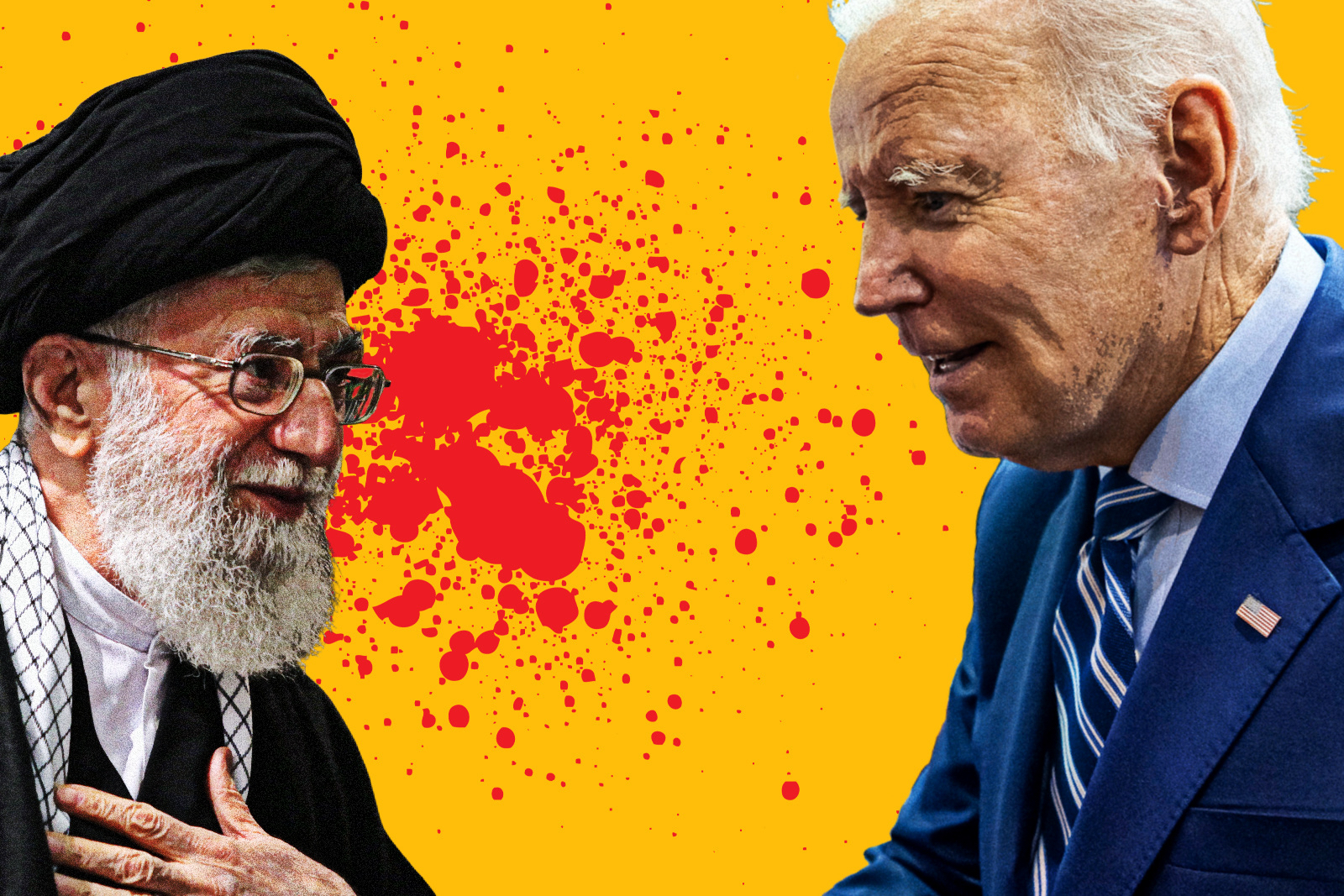
Iran: The Case for Cooperation
Iran’s nuclear program cannot be solved by force. Force threatens regional stability. Force will incentivize Iran to breakout and quickly develop a nuclear weapon. Force will degrade American interests internationally and in the Middle East.
America’s policy towards Iran’s nuclear program should focus not on the use of force but on cooperation. Cooperation offers a better path to reverse Iran’s nuclear activities. Under this model, the United States should seek to revise the international sanctions regime and create economic incentives for denuclearization. A policy of cooperation will promote American interests and values, strengthen global nonproliferation efforts, and enhance diplomatic negotiations.
American policy has sought to use military pressure and threats to deter Iran from developing a nuclear weapons program. Our adversaries have not been deterred by these threats. For instance, North Korea has continued to develop a nuclear program despite decades of economic and military pressure. Iraq, even after the Gulf War, continued to hide elements of its nuclear program, in the hopes of continuing it. In Iran, these threats and interventions have increased the country’s resolve and determination to continue its nuclear weapons program. Only a renewed diplomatic push can prevent Iran’s acquisition of a nuclear weapon.
The core of a U.S. diplomatic effort should be to provide humanitarian assistance to Iran in exchange for a verifiable reversal of its nuclear program. Conditional on Iran’s behavior, humanitarian assistance would target and alleviate insecurities within Iran.
The financial resources needed to conduct this program are modest. UNICEF estimates that $14 million annually is required to make a significant impact in Iran, while the United Nations High Commissioner for Refugees estimates that it requires approximately $112 million on an annual basis. The United States could provide this funding and more. For instance, one million children under the age of five are malnourished; the United States could provide emergency food supplies and create programs to foster sustainable agriculture. Three million children do not have adequate access to education; America could fund schools and provide children the opportunity to succeed. Humanitarian assistance offers a significant policy opportunity for the United States to reverse Iran’s nuclear program.
Humanitarian assistance will promote trust and provide Tehran with an off-ramp. Rupal Mehta, in her book Delaying Doomsday, shows that American economic incentives have led proliferators such as Taiwan and Libya to reverse their nuclear weapons programs. Rupal demonstrates that economic incentives, through the Joint Comprehensive Plan of Action, had a positive influence on Iranian nuclear behavior and simultaneously altered domestic political calculations. Positive inducements will enhance the prospect of diplomatic negotiations by improving trust and reducing American reliance on the threat of force.
Humanitarian assistance will enhance global nonproliferation efforts. Economic incentives for Iranian denuclearization strengthen U.S.-led nonproliferation efforts, such as the Non-Proliferation Treaty. By working under a diplomatic framework, America can assure non-nuclear weapons states that it is intent on reducing the role of nuclear weapons in its national security strategy.
Humanitarian assistance will provide incentives for Iran to comply. The Iraq case shows us that nuclear aspirants will mislead and hide details on their nuclear program to limit reprisals. Often referred to as the “cheaters dilemma,” Iran is fearful that any disclosures of its nuclear program will result in American reprisals and strengthen Western resolve for economic sanctions. Economic incentives give Iran a viable pathway toward denuclearization. These incentives allow Iran to negotiate and disclose information without fear of continued sanctions. Iran will come to understand that if it cooperates and provides verifiable steps towards denuclearization, the West will provide needed economic assistance.
There are concerns Iran will misuse these funds and continue to pursue a “hidden” proliferation strategy, but these concerns can be alleviated. To begin with, the United States, by working through non-governmental organizations and international partners, can assure that its financial resources are provided directly to the Iranian people, not to the regime. Additionally, by instituting and requiring strict verification mechanisms, the United States can prevent Iranian deception.
For example, the United States can continue to promote on-site inspectors at nuclear facilities to verify Iranian compliance. Iran has historically supported and approved these safeguards. Finally, the United States can promote cooperative threat-reduction programs in Iran to reduce the probability of future proliferation. These programs had significant success in securing nuclear materials after the collapse of the Soviet Union.
The use of force against Iran will lead to failure. Cooperation will lead to success. For the sake of the world, both the United States and Iran should work towards nuclear de-escalation. Providing economic incentives for denuclearization can avert uncertainty, instability, and war. Through a renewed diplomatic approach America can achieve peace.

